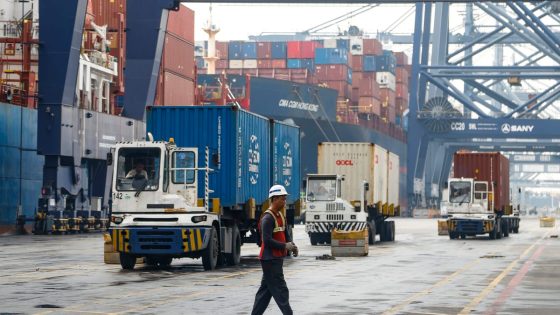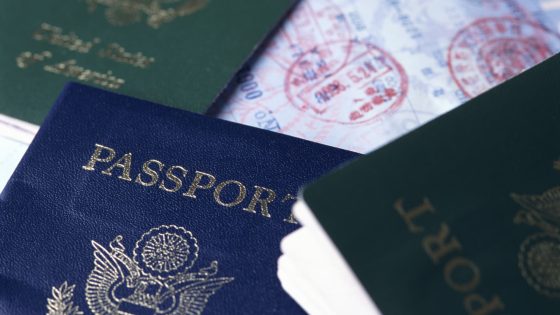Indonesian Trade Minister Agus Subianto recently arrived in Brussels to negotiate tariff-free access for Indonesian goods under the Comprehensive Economic Partnership Agreement (CEPA). This pivotal meeting comes amid heightened economic uncertainty and geopolitical tensions, particularly after U.S. President Donald Trump announced a 30% tariff on EU exports effective August 1, 2025-07-13 17:01:00.
- Subianto seeks tariff-free access for Indonesia.
- Palm oil trade complicates EU negotiations.
- Von der Leyen emphasizes partnership importance.
- Trump's tariffs add pressure on negotiations.
- CEPA aims for fairness and job creation.
- Agreement should benefit both Indonesia and EU.
Subianto emphasized that CEPA is more than just a trade agreement; it represents fairness, respect, and a commitment to sustainable development. The discussions are crucial, especially concerning palm oil trade, which clashes with the EU’s anti-deforestation policies. European Commission President Ursula von der Leyen remarked on the importance of strengthening partnerships during turbulent times.
The ongoing discussions raise important questions about the future of trade relationships. How will the EU balance its environmental policies with Indonesia’s economic needs? And can both parties find common ground on palm oil trade? Key points include:
- Indonesia seeks to enhance job creation and industry growth through CEPA.
- The EU’s anti-deforestation stance complicates palm oil trade negotiations.
- U.S. tariffs on EU exports add pressure to these discussions.
As the talks progress, stakeholders must remain engaged to ensure a balanced agreement that benefits both regions. Will a mutually beneficial deal emerge in these complex times?

































